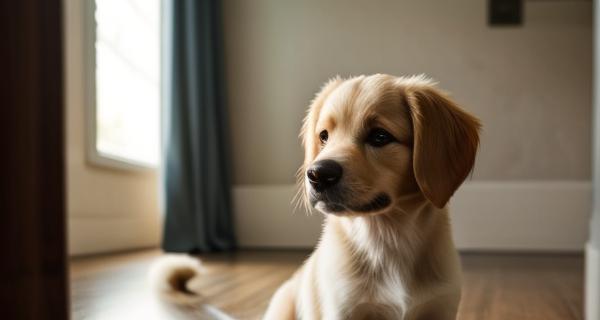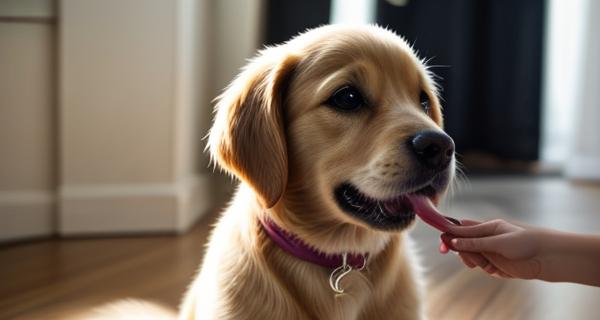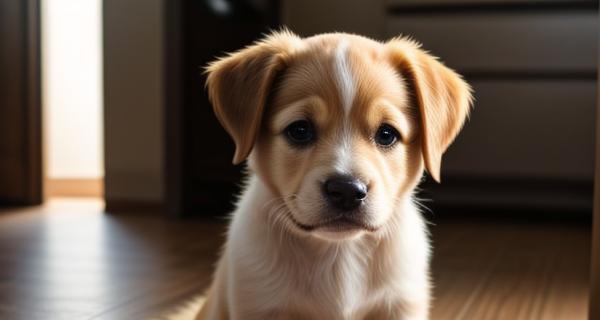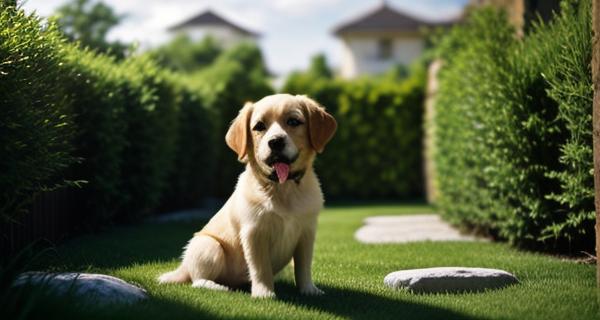Raising a Well-Mannered Puppy: Early Training Tips That Build Lifelong Habits
Early Puppy Training
Early Puppy Training
Bringing a new puppy home is an exciting time, but it’s also a crucial period for shaping their behavior and building a well-mannered companion. The key? Start training *immediately*. Puppies are incredibly receptive to learning, and early experiences lay the foundation for a lifetime of good habits.
Begin with socialization. Expose your puppy to a variety of sights, sounds, people, and other (vaccinated!) dogs in a positive and controlled manner. This helps them develop into confident and adaptable adults, reducing fear and aggression.
Potty training requires consistency. Establish a regular schedule, take your puppy out frequently (every 2-3 hours, especially after waking, eating, and playing), and reward successful potty breaks with praise and a small treat. Accidents happen – avoid punishment; clean thoroughly and focus on prevention.
Basic obedience commands like “sit,” “stay,” and “come” are essential. Keep training sessions short (5-10 minutes) and fun, using positive reinforcement like treats and praise. Consistency is paramount; practice these commands daily in different environments.
Crate training can provide a safe den and aid in potty training. Introduce the crate gradually, making it a positive space with toys and treats. Never use the crate as punishment.
Remember, patience is key! Early puppy training isn’t about perfection; it’s about building a strong bond and setting your puppy up for success. A well-trained puppy is a happy puppy – and a joy to live with for years to come.
Well-Mannered Puppy
## Well-Mannered Puppy
Bringing a new puppy home is an exciting time! But beyond the cuddles and playtime, laying a strong foundation for good manners early on is crucial for a harmonious relationship and a well-adjusted dog. It’s never too early to start!
Puppyhood is the prime time for socialization and habit formation. Begin with positive reinforcement – rewarding desired behaviors with treats, praise, and affection. This builds a positive association with good manners, making your puppy eager to please.
Start with basic commands like “sit,” “stay,” and “come.” Keep training sessions short, engaging, and fun – a few minutes several times a day is more effective than long, drawn-out lessons. Associate these commands with rewards, turning training into a positive experience.
Potty training is paramount for a well-mannered puppy. Establish a consistent potty schedule, take your puppy out frequently (especially after waking, eating, and playing), and reward successful potty breaks immediately. Accidents happen – avoid punishment; simply clean them up thoroughly and reinforce the desired behavior.
Crate training can be a valuable tool for housetraining and providing a safe den for your puppy. Introduce the crate positively, making it a comfortable and inviting space with toys and treats.
Finally, expose your puppy to a variety of sights, sounds, and people in a positive and controlled manner. This socialization helps build confidence and prevents fear-based behaviors. A well-mannered puppy is a happy puppy – and a joy to live with! Investing time in early training pays dividends in a well-behaved companion for years to come.
Life-Long Habits
Raising a well-mannered puppy is an exciting journey, and the foundation for good behavior is built early. Think of puppyhood as a crucial period for shaping lifelong habits – and with consistent, positive reinforcement, you can set your pup up for success!
Start with socialization from day one. Expose your puppy to a variety of sights, sounds, people, and other vaccinated dogs in a controlled and positive manner. This helps them develop confidence and reduces the likelihood of fear-based behaviors later in life.
Crate training is invaluable. A crate provides a safe den and aids in housetraining. Introduce the crate positively with treats and toys, never using it as punishment.
Potty training requires consistency. Establish a routine – frequent potty breaks, especially after waking, eating, and playing. Reward successful potty breaks immediately with praise and a small treat. Accidents happen; clean them thoroughly with an enzymatic cleaner to eliminate odors and discourage repeat offenses.
Basic obedience training should begin as soon as your puppy is comfortable. Focus on positive reinforcement – rewarding desired behaviors with treats, praise, or toys. Start with simple commands like “sit,” “stay,” and “come.” Keep training sessions short, fun, and engaging.
Remember, patience is key! Puppyhood is a learning process for both you and your furry friend. Celebrate small victories, and don’t get discouraged by setbacks. Building a well-mannered puppy takes time and consistency, but the rewards of a well-behaved companion are immeasurable.
Puppy Training Tips
Raising a well-mannered puppy is an exciting journey, and starting early is key to building a happy, confident companion. Puppy training isn’t just about tricks; it’s about shaping lifelong habits and fostering a strong bond. Here are some essential tips to set your pup up for success.
**Start Early, Start Positive:** Begin socialization and basic training as soon as your puppy comes home – ideally around 8 weeks old. Focus on positive reinforcement: reward desired behaviors with treats, praise, and affection. Avoid punishment, which can create fear and anxiety.
**Potty Training Prowess:** Establish a consistent potty schedule. Take your puppy out frequently – first thing in the morning, after meals, after naps, and before bedtime. Reward successful potty breaks immediately with praise. Clean up accidents thoroughly with an enzymatic cleaner to eliminate odors and discourage repeat offenses.
**Crate Training Confidence:** A crate provides a safe den for your puppy. Introduce the crate gradually, making it a positive space with treats and toys. Never use the crate as punishment. Short crate sessions are best initially, gradually increasing the time.
**Basic Command Building Blocks:** Teach essential commands like “sit,” “stay,” “come,” and “leave it.” Keep training sessions short (5-10 minutes) and engaging. Use clear, consistent cues and reward immediately.
**Socialization Superstar:** Expose your puppy to a variety of sights, sounds, people, and other well-behaved dogs in a positive and controlled manner. This helps them develop into well-adjusted adults. Puppy classes are a great way to facilitate socialization.
**Consistency is Crucial:** Everyone in the household should use the same commands and training methods. Consistency reinforces learning and prevents confusion. Remember, patience and persistence are vital! A well-trained puppy is a happy puppy – and a joy to live with.




